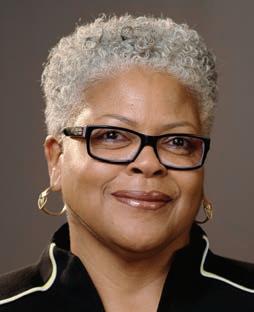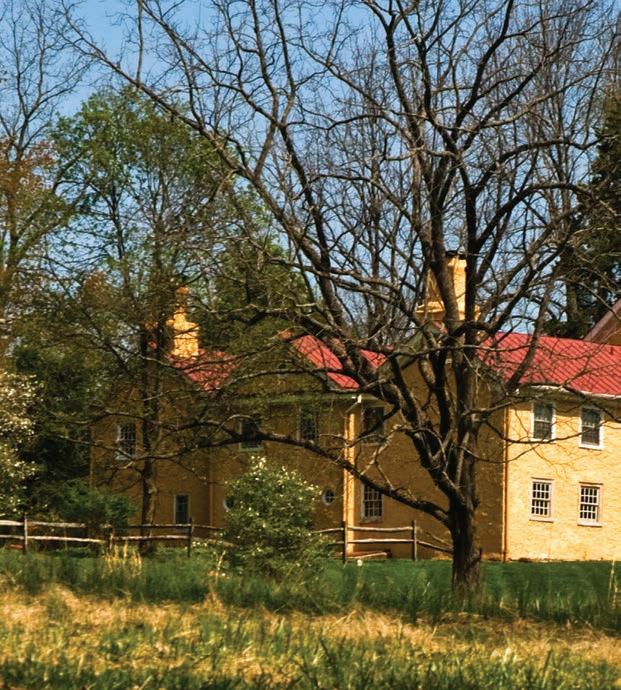
2 minute read
Interview: Brenda Allen
Brenda Allen
President Lincoln University
What were some highlights or major takeaways for the university in 2020?
We’ve learned so much. The key takeaway for us is that we need to be nimble and flexible to make necessary adjustments. We also need to make sure we have priorities that guide those decisions. Those priorities for last year were ensuring we protected our staff and students. Another was maintaining continuity within our education. In June, when we reopened for the academic year, we made adjustments for the entire year.

What are the main differentiators that set LU apart from the competition?
As the first HBCU, we have a legacy of investing primarily in African American students, although we do have some racial diversity. We are a liberal arts institution, so we are small, and our goal is to offer our students the option to study any area that is of interest to them. For us, content is just a part of the education and we use this as a vehicle for honing the important skills required in the world of work. We focus on communication skills, problem solving, critical thinking and other skills that we build into our degree programs. The more I read about employer data, they are looking for those soft skills and do not tend to care what a potential employee’s major was.
What changes do you expect in the education sector from the Biden administration?
We’ve begun to see more interest in HBCUs and minority institutions over the last decade. I’m anticipating even more investment as this administration talks about social justice, including disparities. Much of the disparity we see along racial lines correlates to education, so it’s critical to make sure people of color have access to education. Many health disparities are based on the fact that people do not have access to knowledge on nutrition. We just received a $20 million gift from McKenzie Scott, which is a record, and we are seeing more and more of this recently.
Chester County has a rich historical legacy, with a variety of offerings including the historic Hibernia Mansion.
( ) History Chester County was founded in 1682 by William Penn and played a vital role in many of the important battles of the revolutionary war, including the Battle of Brandywine, Battle of the Clouds and the Paoli Massacre. The first railroad was established through Chester County’s Great Valley, creating one of the first industrial corridors and commuter rail lines to urban jobs. The neighborhoods surrounding the Main Line remain among the most prestigious areas in the midAtlantic area thanks to this early development.
The county has strong connections to Quakers and is home to a number of historical Quaker buildings and meeting houses. Kennett Square was an integral cog in the Underground Railroad, with dozens of Underground Railroad stations within an eight-mile radius of the borough. The Kennett Underground Railroad Center (KURC) was formed in 1998 to protect this heritage and abolitionist culture. Chester County’s historical growth is also rooted in its long-held status as an agricultural powerhouse. Not only does the county have mushrooms, Christmas tree nurseries, forestry, viticulture, orchards and vegetables but it also has strengths in crops, dairy, swine, poultry and egg production. It is also one of the most densely populated equine areas in the country.






